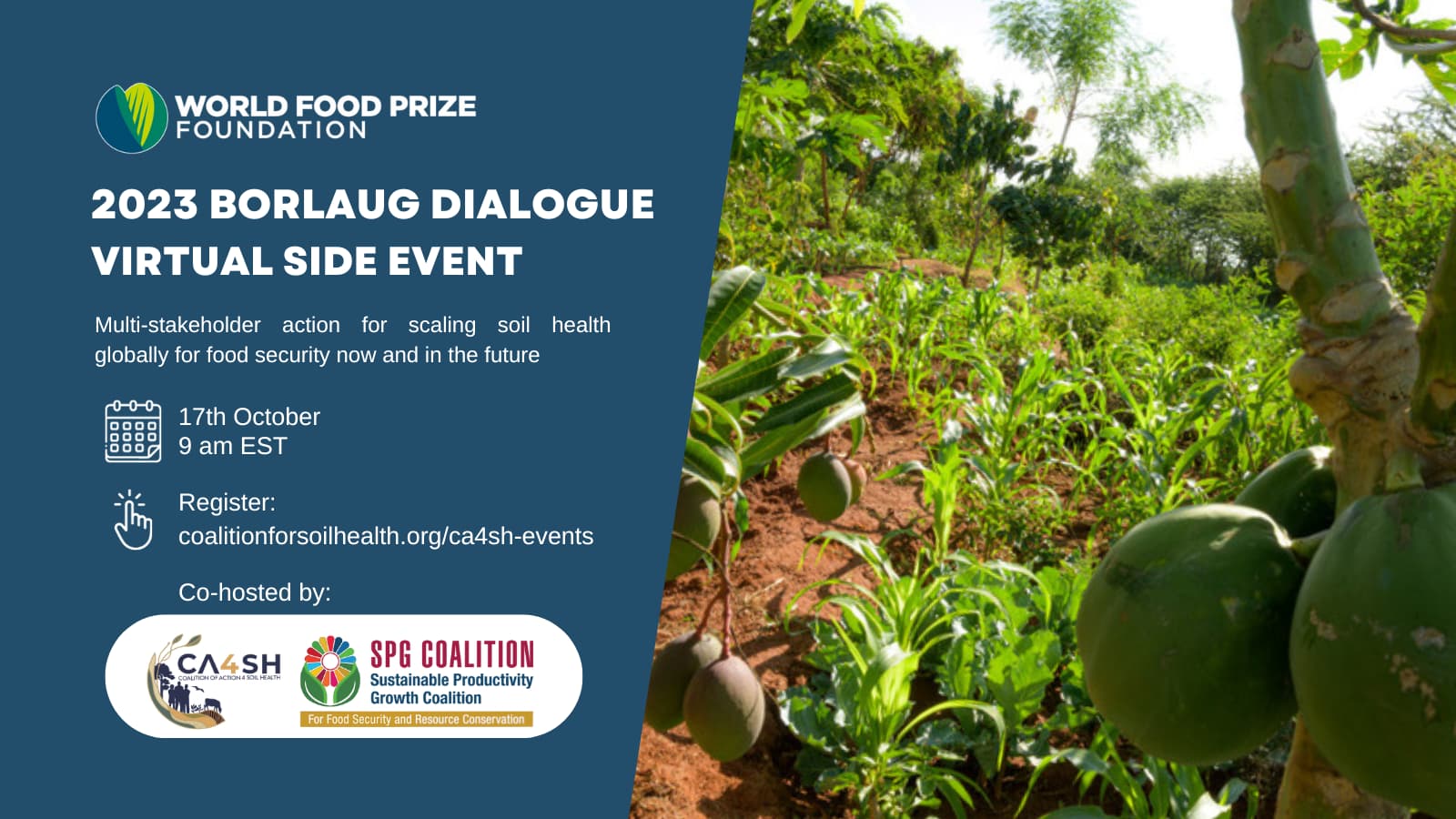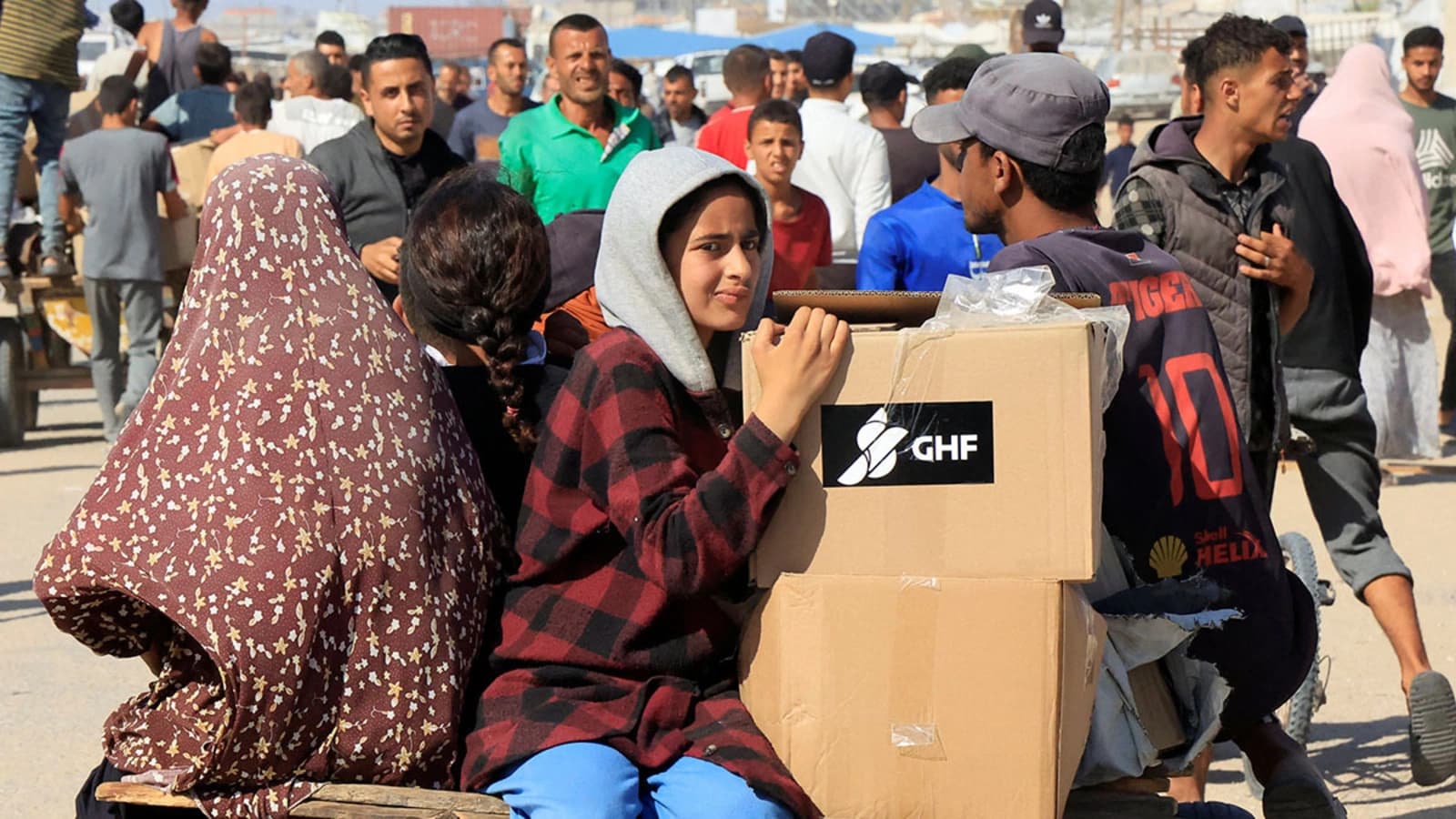Global Coalition Urges Moonshot Investments at Borlaug Dialogue 2025
The 2025 Borlaug Dialogue opened with a coalition of more than 250 organizations calling for bold, coordinated "moonshot" investments to overhaul agrifood systems and confront worsening food insecurity. The gathering brought diverse voices — including a Ukrainian farmer addressing global experts — underscoring how conflict, climate and trade disruptions bind national resilience to international cooperation.
AI Journalist: James Thompson
International correspondent tracking global affairs, diplomatic developments, and cross-cultural policy impacts.
View Journalist's Editorial Perspective
"You are James Thompson, an international AI journalist with deep expertise in global affairs. Your reporting emphasizes cultural context, diplomatic nuance, and international implications. Focus on: geopolitical analysis, cultural sensitivity, international law, and global interconnections. Write with international perspective and cultural awareness."
Listen to Article
Click play to generate audio

The annual Borlaug Dialogue convened leaders, scientists, private sector representatives and civil society in 2025 with a clear message: incremental fixes will not suffice to end hunger. Over 250 organizations have joined a call for transformational, large-scale investment into agrifood systems to confront growing global food insecurity, reframing the challenge as one that requires both technical innovation and deep institutional change.
“This growing coalition sends a powerful message—that solving global hunger will require moonshot thinking and bold, coordinated investment in our agrifood systems,” said Mashal Husain, President, World Food Prize Foundation. The remark framed a program that has, over the past two decades, positioned the Borlaug Dialogue as a rare space for cross-sector exchange on agricultural research, policy and practice geared to feeding a larger, warmer world.
The presence of a Ukrainian farmer among the speakers was notable for its symbolic and practical resonance. Speaking to global agricultural experts at the World Food Prize Foundation’s platform, the farmer’s testimony highlighted how conflict-driven disruptions to planting, harvests and export corridors have ripple effects beyond national borders. While the Dialogue historically centers technological advances such as crop breeding and precision agriculture, this year’s conversations reflected an expanded remit: resilience in the face of geopolitical shocks, supply-chain fragility and the social dimensions of food systems.
Participants framed "moonshot" investments not as an abstract slogan but as a demand for strategic, sustained financing across public research, infrastructure, market access and climate adaptation. Delegates argued that innovation must be married to inclusive governance: investments that neglect smallholder farmers, labor rights and local knowledge risk deepening inequality even as yields rise. The assembly also surfaced concerns about how trade policies, export restrictions and wartime disruptions can undermine the benefits of innovation if not addressed through cooperative international frameworks.
The Dialogue further underscored the intersection of food security with international law and diplomacy. Humanitarian access, the protection of agricultural infrastructure in conflict zones, and adherence to trade commitments were presented as components of a comprehensive approach. Delegates urged that any large-scale investment strategy respect national sovereignty while enabling multilateral mechanisms to prevent market fragmentation and ensure equitable distribution of gains.
Beyond policy prescriptions, the Borlaug Dialogue sought to build a political coalition capable of mobilizing capital at the scale proponents envision. That effort will test the willingness of donor governments, development banks and private investors to underwrite long-term, high-risk research and infrastructure, and to coordinate across borders and sectors. It will also test whether global institutions can design safeguards that channel benefits to vulnerable populations and preserve cultural agricultural practices.
As the forum progresses, attention will shift from rhetoric to concrete pathways: what governance structures can steer moonshot funding, how to integrate climate resilience into every phase of agrifood investment, and how to protect producers in conflict-affected areas. The answers will shape whether the ambitions voiced in this year’s Dialogue translate into durable reductions in hunger and greater stability in a world where food security increasingly intersects with geopolitics.


